JOIN the AFICIONADOS
Get the insider news and lowdown on what we've been up to, where we've been, and who we've met along the way. Be the first to discover new places and get the scoop on our favourites.
Known as one of the most beautiful wine villages in the world, Kaltern am See / Lake Caldaro in Alto Adige, South Tyrol in northern Italy, is the picturesque location for design smoothie villa-hotel Das Wanda. Having grown up in this wine region, who better to ask than the hotel owner, Verena, for her wine tips, including her must-see vineyards, the wineries that offer tours and which varieties to take back home. Passionate about preserving the region, Verena pinpoints her three biodynamic wine estates - including one that lets wild Mother nature take over, from sunflowers to the odd chicken.
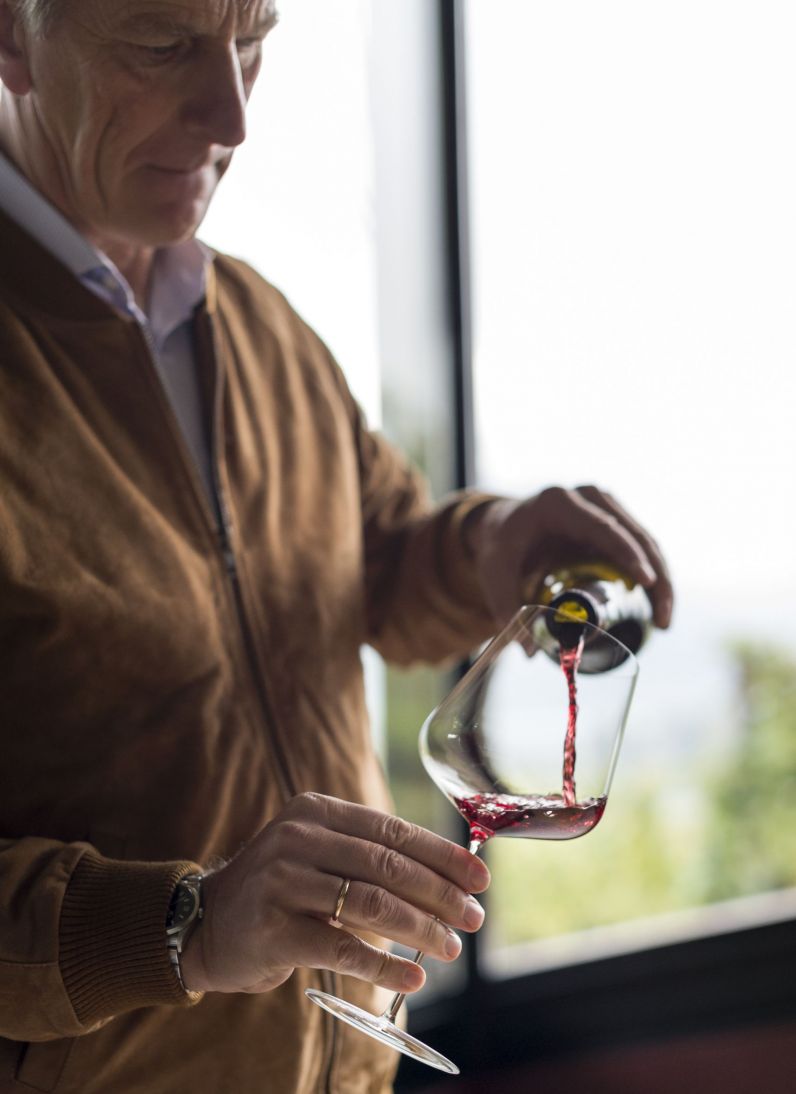
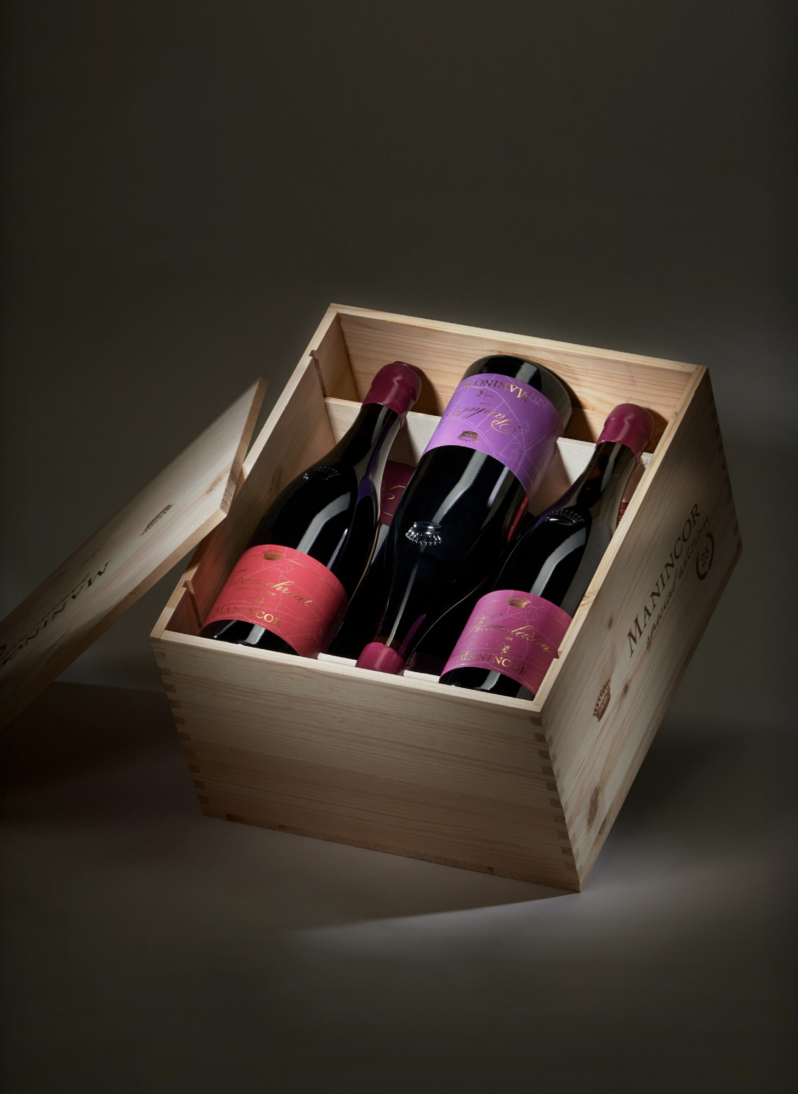
A family-run winery for decades, Manincor is, according to Verena a ‘classic’. Creating wine biodynamically within EU organic guidelines is their guiding ethics and in doing so, their natural wines have garnered them acclaim in the region and beyond. One of the largest wineries in Alto Adige, you can come here for comprehensive wine tours, tastings plus the chance to buy their lovely white wine such as ‘Sophie’ made with Chardonnay, Viognier and Sauvignon grapes and their smooth Pinot Noir.
Coming to Manincor also means learning about the rich history that swirls around this historic winery and its acres of vines. With buildings that date back to 1608, the house was built by Hieronymus Manincor on land that was a gift from the emperor. This land stayed in the family, passing through the generations, with its 400-year-old vines being sent to co-operatives in the area until 1991, when Michael Graf Goëss-Enzenberg took over Manincor from his uncle and decided to start his own wine production. With a focus on natural, biodynamic wines, the heritage winery was brought into the now with a modern basement adding an architectural element to the estate.
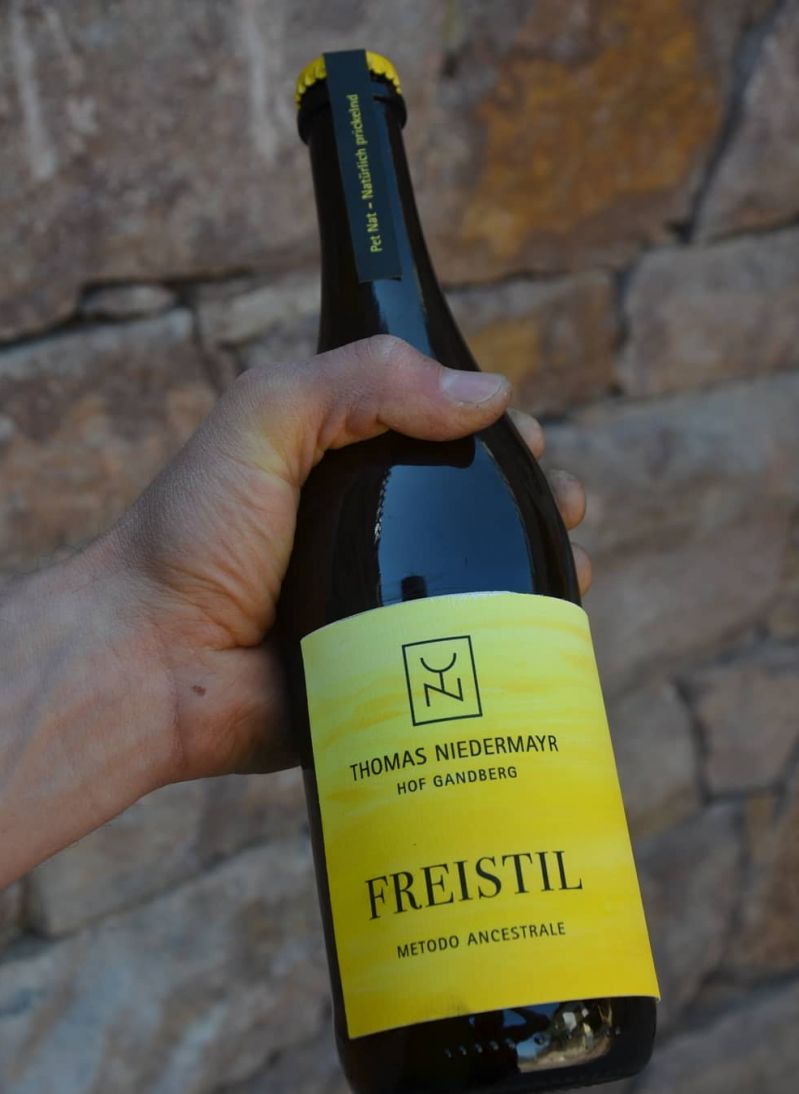
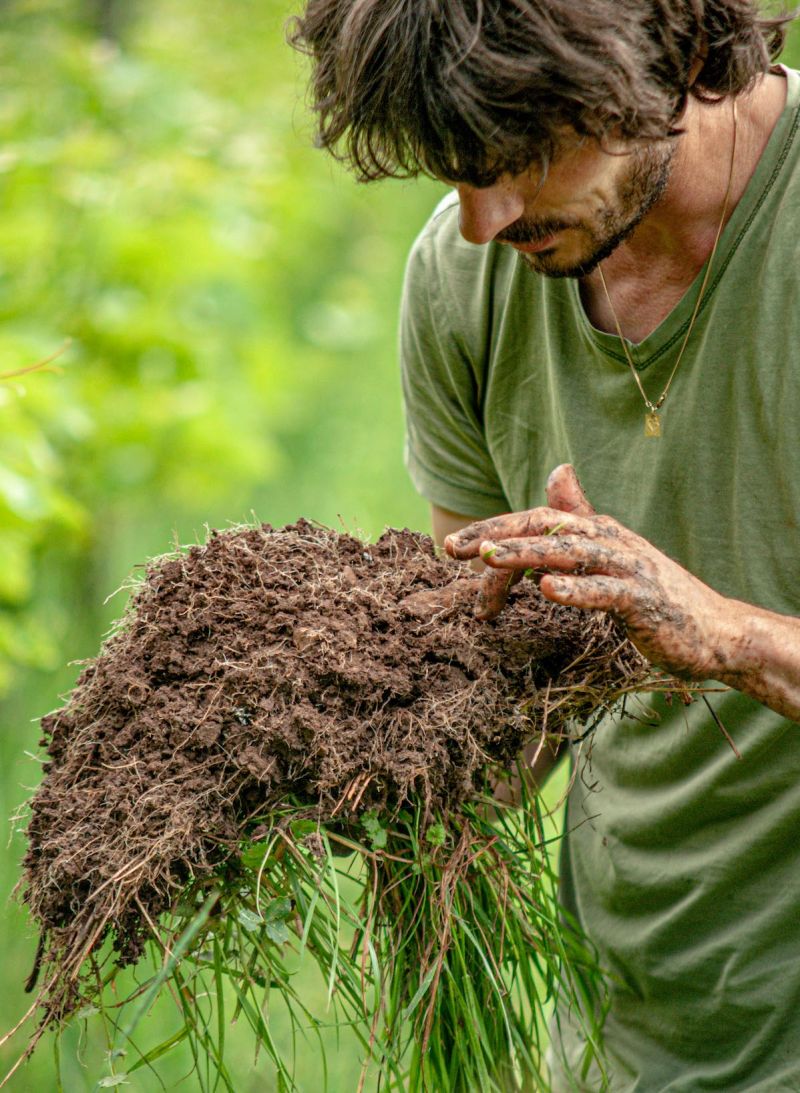
Over at Hof Gandberg, located amidst the undulating vineyards of the Überetsch valley on a sunny slope above St. Michael in Eppan, is ‘one of my favourites – natural wine produced by a really authentic family’, says Verena of Das Wanda. The view says it all. Hof Gandberg is the source of 'Thomas Niedermayr' wine estate. It is here that grapes ripen and find their way into the cellar and bottles.
If this is enough to pique your interest, then you might like to know that namesake Thomas Niedermayr is totally committed to an ecological path for his wine production, with that unique metodo ancestrale used at the vineyard including companion planting such as bee-friendly sunflowers and sweet clover, plus the free-range ducks and chickens that contribute to the circularity of nature here.
This attention to detail runs through every aspect of this sustainable winery from using its location to harness the microclimate, let nature grow untamed and focusing on the fungus-resistant PIWI vines which naturally resist disease without the need for pesticides. It also ensures the purest and highest quality possible. Thomas Niedermayr believes that ‘first-class wines can only grow in a healthy environment’. Come see for yourself at this pristine vineyard – and sample or take home their white wine in particular – try the Bronner, Souvignier Gris and Solaris.
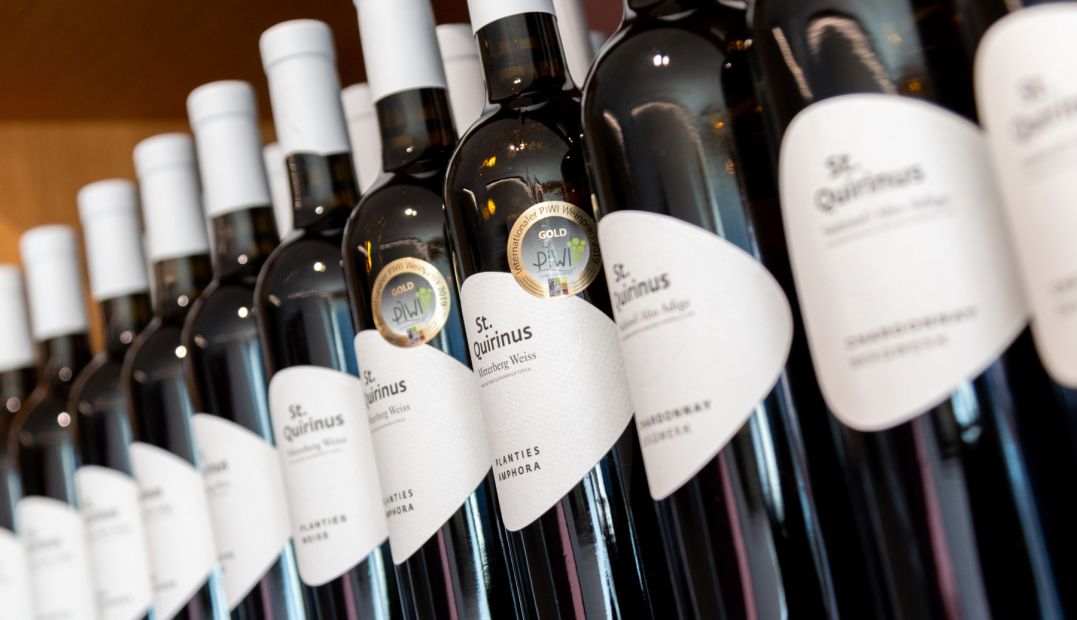
If you’re looking for ‘fantastic bio wine’ then Verena’s recommendation is St. Quirinus, an organic winery that’s found on the verdant slopes of Lake Caldaro. A relatively youthful newcomer in terms of biodynamic production, Quirinius is located on the site where Benedictine monks would grow the vines needed for themselves and visiting dignitaries. In fact, the name comes from St. Quirinus, the church patron of the monastery.
Fast forward to 2011, and in conjunction with renowned architect, Walter Angonese, the modern house and wine cellar were added, making this a destination for wine-lovers and those that enjoy sampling the fruits of the locale. Merging old traditions with new, the organic winery went into operation in 2013, alongside eco principles that made it a vineyard for the future including low-energy structures. The wine continues to be aged in wooden barrels with clay producing a fine selection of organic wine including a particularly hard-to-resist sparkling white.